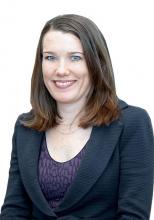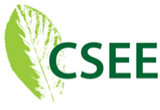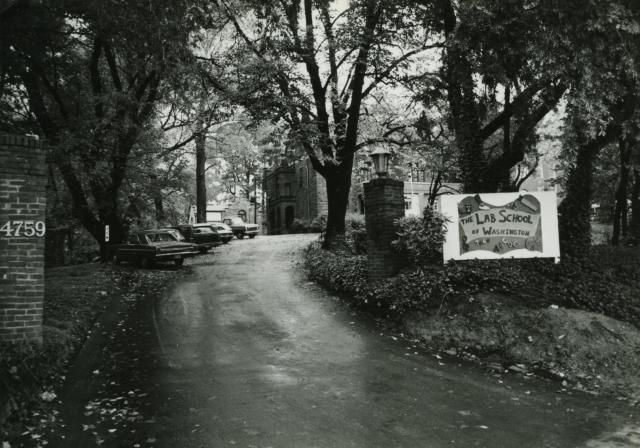
History and Founder
The Lab School of Washington was founded by Sally L. Smith in 1967 as a day school for The Kingsbury Center, a diagnostic and tutoring resource for children with learning disabilities. For 15 years, the school was located on Phelps Place, NW in Washington, DC. In August, 1982, The Lab School of Washington was incorporated as an independent non-profit educational institution with its own Board of Trustees headed by Ann Bradford Mathias.
In 1983, the Trustees of The Lab School bought the former Florence Crittenden Home and 3.6 acres of property at 4759 Reservoir Road, NW, in Washington. The Lab School moved into its present home that fall with an enrollment of 123 students. In 2008, The Trustees acquired the long term lease on the former Hardy School at 1550 Foxhall Road, NW and the 65 Elementary Program students moved to that location.
Today, The Lab School of Washington enrolls approximately 390 students from first through 12th grade, on two campuses. A Lower School program for grades 1-4 is located at the Foxhall campus; Middle and Upper School programs, Clinical Services (occupational therapy, speech and language therapy, and psychotherapy) are located at the nearby Reservoir campus.
Sally L. Smith (1929-2007) designed and founded The Lab School of Washington in 1967 for children with learning disabilities. Traditional schools were not successfully educating her youngest son Gary. Believing that “everyone can learn,” Ms. Smith was a pioneer in designing teaching approaches that used art in all its forms as a gateway for teaching academic skills. She developed the Academic Club Method, an experiential classroom model that teaches academic subjects through full immersion in rigorous academic material. Academic Clubs create storehouses of knowledge, vocabulary, language fluency, and critical thinking to facilitate classroom proficiency in multiple disciplines. The success of this model has been repeatedly documented and is replicated worldwide.
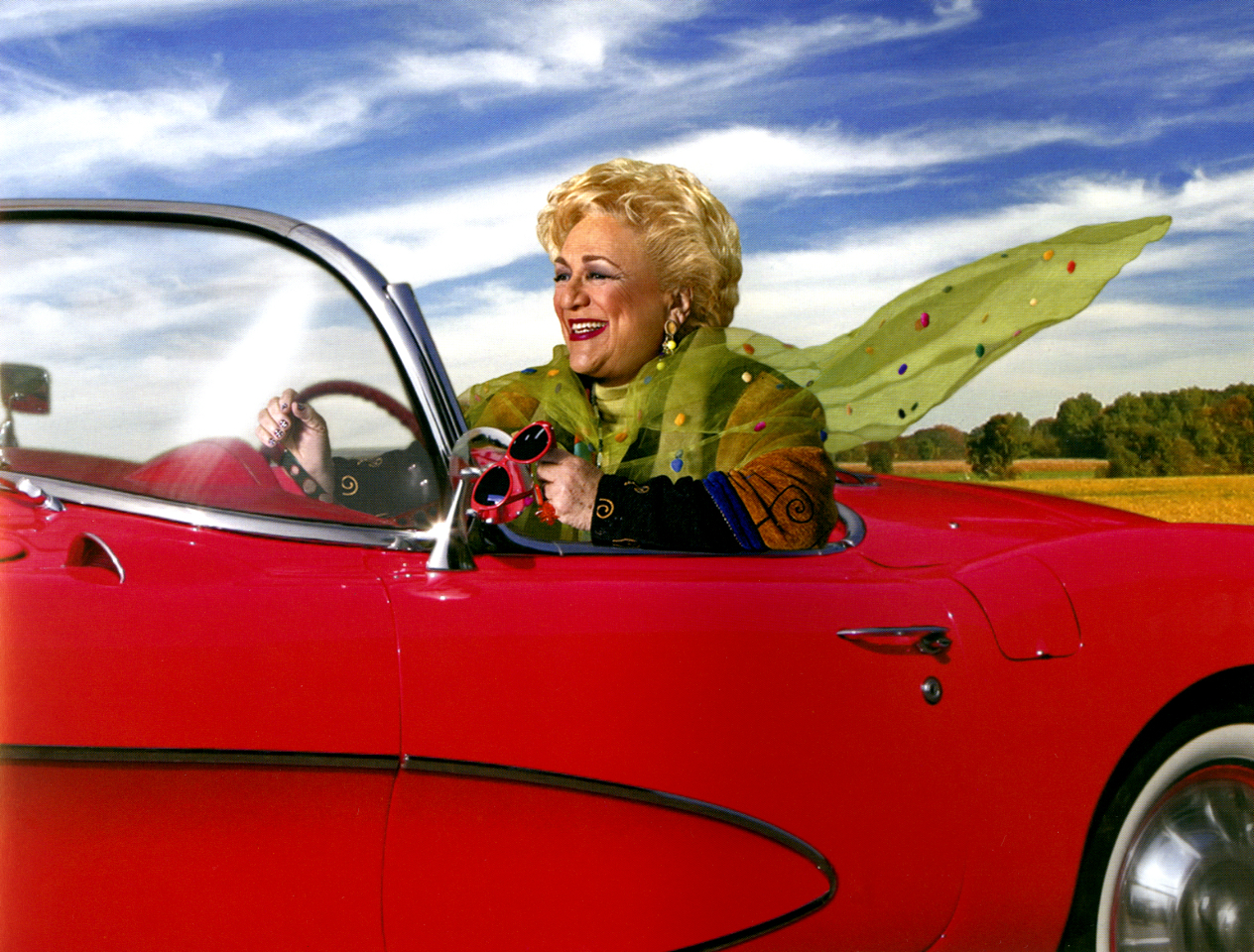
Sally Smith oversaw the Master’s Degree Program in Special Education: Learning Disabilities at American University and was a national leader in the field of learning disabilities. Author of ten books and numerous professional articles, Sally Smith mastered the art of translating difficult clinical issues into popular language. Her best known books are No Easy Answers: The Learning Disabled Child at Home and at School (Bantam, 1979; Revised, 1995), and Succeeding Against the Odds: How the Learning Disabled Can Realize Their Promise. (Tarcher/Putnam, 1993). She was also a member of the Professional Advisory Boards of both the Learning Disabilities Association of America (LDA) and the National Center for Learning Disabilities (NCLD).
Katherine Schantz, EdM, CAS served as the head of school at The Lab School of Washington from 2009-2020. She began working in the field of learning differences education in 1980.
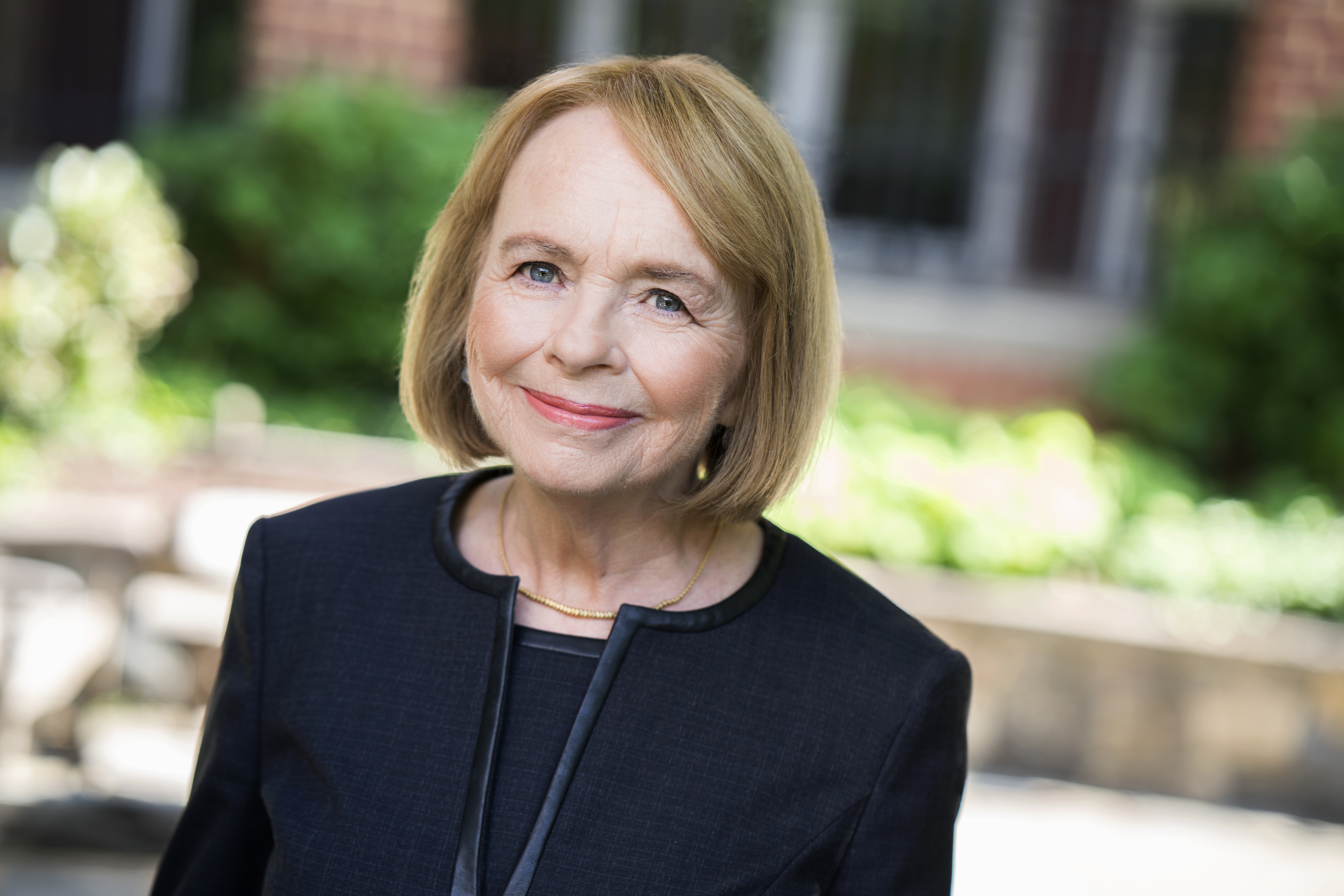
At Lab, Ms. Schantz worked diligently and gracefully to fulfill many goals to continue to grow The Lab School as the best of the best in schools for students with learning differences. For the campus, she led the conception and construction of a state-of-the-art high school building, which opened in the spring of 2016, and was designed to enhance the learning experience. She spearheaded what turned out to be the most successful capital campaign in the history of the school. In four years, the campaign raised $12.3 million, $2.3 million above the original goal. Ms. Schantz also led the design and construction of the new 276-seat Shaun Miskell Theater, part of an expanding arts complex that includes other hubs of learning like a ceramics studio, a new music room, and a digital filmmaking space. These inspired campus additions reflect her great vision and commitment to the school.
Within the curriculum and social fabric of the school, Ms. Schantz launched a new Literacy Initiative, formalizing and improving upon Lab’s already superior program, and based on her deep and ever-burgeoning understanding of brain research, she continued to underscore the importance of arts-centered learning across all academic subjects and its effectiveness for building essential habits of the mind for lifelong learning. In addition, she championed the development of a school-wide plan to address identified needs related to creating a culture of greater diversity, equity, and inclusion for members of Lab’s community; expanded the Athletics program; and introduced a robust global travel program for the High School as well as more opportunities for experiential learning for all students.
As for the greater community, Ms. Schantz continued to develop and increase communications on the philosophy, mission, vision, and institutional achievements to all constituencies in our community and to a broader base of educational policymakers and practitioners, continuing the role of The Lab School as a thought leader in the field of learning differences education.
1984
-
Night School for Adults with Learning Differences opened its doors
1985
-
First Outstanding Learning Disabled Achievers Awards Gala held
1986
-
First Lecture Series for Parents and Professionals launched
1988
-
First class of seniors graduates
1994
-
Robert Rauschenberg Power of Art Workshop held for the first time
2000
-
Morris and Gwendolyn Cafritz Arts and Athletic Center opens
-
Baltimore Lab School opens
2005
-
Academic Club Teaching Service begins
2006
-
Academy in Manayunk opens (school modeled after the Lab School)
2007
-
Death of Lab School Founder Sally L. Smith
2008
-
Elementary Division moves to new campus on Foxhall Road
-
Sally Seawright begins service as Interim Head
2009
-
Katherine Schantz is appointed new Head of School
-
Dorothy Proctor Adams Library opens
2010
-
Edith and Herbert Lehman fellowships for faculty professional development established
-
School-wide focus on Global Citizenship with first international student trip to Costa Rica
-
New Commons opens – gathering space for Lab School students
-
Completion of Lab School’s first-ever Strategic Plan, “Best in Class”
2011
-
First Summer Project for rising 7th, 8th, and 9th graders
-
Gateway Lab School opens in Newark, Delaware
2012
-
Paul Rabil Foundation helps launch Lab’s first Lacrosse program
-
Mimi Dawson becomes Head of Board of Trustees
-
New website, mobile app, and social media advance Lab School profile
2013
-
Katherine Schantz on Capitol Hill to moderate panel discussion “Dyslexia: A Lifelong Journey”
-
Soft launch of Capital Campaign
2014
-
Baltimore Lab School becomes independent from The Lab School of Washington
-
Creation of The Lab School of Washington Scientific Review Board
-
Official launch of school-wide Diversity Initiative
2015
-
Public Kickoff of Capital Campaign and Groundbreaking for new High School
-
Lab School chosen to be first Washington, DC area high school chapter of Eye to Eye
-
Ice Hockey Club formed
2016
-
Bill Tennis becomes Head of Board of Trustees
-
First High School classes move into the new High School building
-
Plans for Phase II of building project underway
-
End of the Capital Campaign
-
Kickoff of Lab School’s 50th Anniversary
2017
-
Ceramics Studio opens, part of the expanding Sally L. Smith Arts Complex
2018
-
Lab launches new school-wide Literacy Initiative
-
Bermuda Lab Academy opens (school modeled after the Lab School)
2019
-
New Theater Opens
-
Completion of Lab School’s new Strategic Priorities
2020
- Kim Wargo is appointed new Head of School
2021
-
Kate Fulton becomes Chair of Board of Trustees
-
Clinical Services — Occupational Therapy, Speech-Language Pathology, and Psychological Services — join forces under The Reservoir Group
-
Lab launches Global Division
